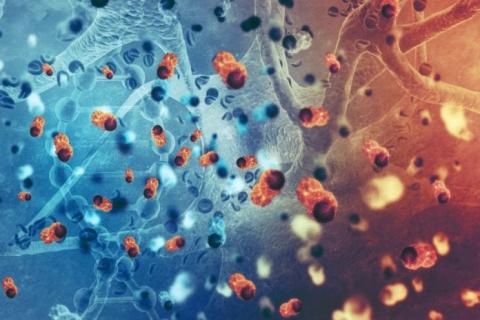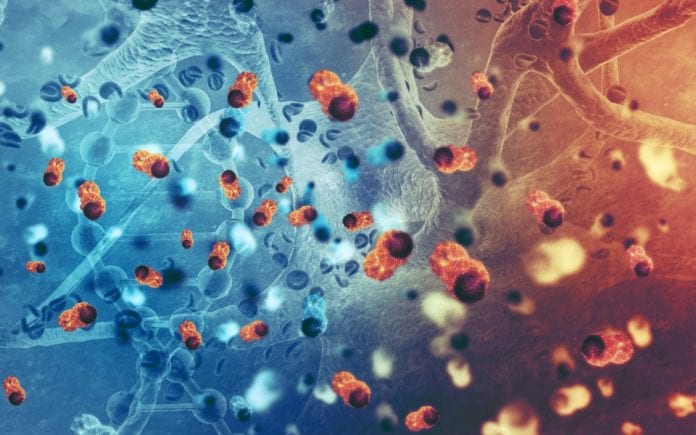Complete treatment critical for survival of prostate cancer patients: Study

Most of the patients were diagnosed at an advanced stage. This indicates the need to improve efforts in early diagnosis and prevention of prostate cancer to avoid complications due to the disease.

There are several factors responsible for the increasing trend in prostate cancer, including an increase in the older population and improvement in the diagnosis. Representational pic The world recorded an estimated 1.4 million new cases of prostate cancer and 0.37 million deaths in 2020. India reported 34,540 incidences and 16,783 deaths, which is more than 60% of the prostate cancer burden from South-Central Asia.
A study based on Population Based Cancer Registries (PBCRs) has revealed that there is an essential link between the completion of prostate cancer treatment and patient survival. Researchers from the Tata Memorial Centre (TMC), Mumbai, Postgraduate Institute of Medical Education and Research (PGIMER), Chandigarh, Punjab government and Chandigarh administration conducted a study in Sangrur and Mansa districts of Punjab.
During 2013–2016, 171 prostate cancer cases were reported in the registries. The objective was to see how long these patients could live. The registered cases were followed-up, and their vital status (alive/dead) were updated.
Multiple factors behind rise in prostate cancer
“There are several factors responsible for the increasing trend in prostate cancer, including an increase in the older population and improvement in the diagnosis. There is minimal data on this topic, especially at the population level. The population-based data are vital in policy-making. Furthermore, the most important part of any survival analysis is getting the patient’s vital status. Our team was able to update the alive and death status of all the patients diagnosed with prostate cancer,” informed the team while speaking to India Science Wire.
The PBCRs play a vital role in cancer control planning and monitoring intervention activities. They provide information on incidence, mortality, patterns of cancer in that geography, and cancer survival rate. Most of the PBCRs in India cover the urban population, and very few registries cover the rural population. As more than 65% of the country’s population is rural, a realistic burden of cancer is, therefore, possible if rural cancer incidence is documented.
In their study, the researchers found a low overall relative survival among prostate cancer patients in these two registries. Also, the overall survival of patients was low compared to Mumbai and Chennai cancer registries and survival reported by SEER cancer registries (USA) and EUROCARE data (Europe). They found that the patients who completed the treatment showed better survival than those who did not.
Most patients diagnosed at advanced stage
Most of the patients were diagnosed at an advanced stage. This indicates the need to improve efforts in early diagnosis and prevention of prostate cancer to avoid complications due to the disease.
“We need to raise awareness about the disease in the community as well as among primary physicians regarding when they should refer the symptomatic/likely cases to the nearby cancer centre or the tertiary centre for further diagnosis and treatment,” researchers mention.
They also discussed creating awareness on the available financial schemes for cancer treatment from the state and the Central government. The state public health departments have to sensitise the primary physicians and community leaders about the disease and the need to develop a proper referral system. In addition, the cancer centres should also develop the system so that there are no hurdles in treatment completion.
“By implementing these strategies, we can prevent prostate cancer death and improve the quality of life of prostate cancer patients,” researchers recommend.
Globally, prostate cancer is the most frequently diagnosed cancer among men in 112 countries and the leading cause of cancer death in 48 countries.
The study has been published in the Indian Journal of Urology. The research team comprised Atul Madhukar Budukh, Jarnail S Thakur, Tapas Kumar Dora, Prithviraj R Kadam, Sonali S Bagal, Kamalesh Kumar Patel, Alok K Goel, Sankalp M Sancheti, Ashish R Gulia, Pankaj P Chaturvedi, Rajesh P Dikshit, and Rajendra A Badwe.

